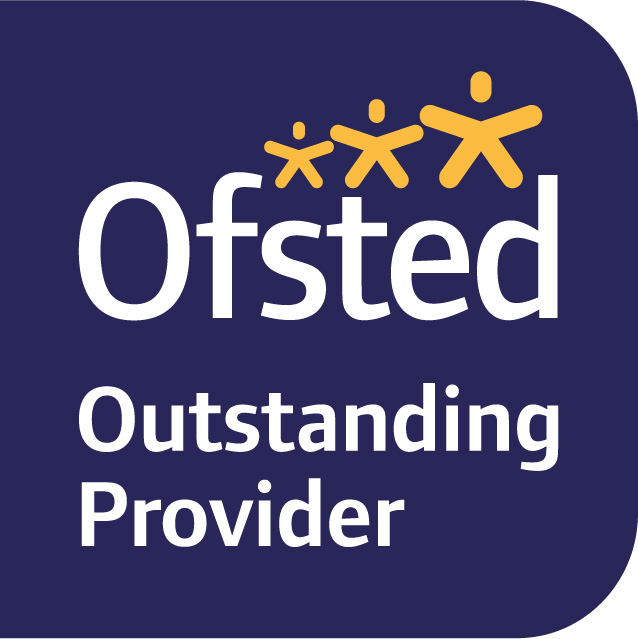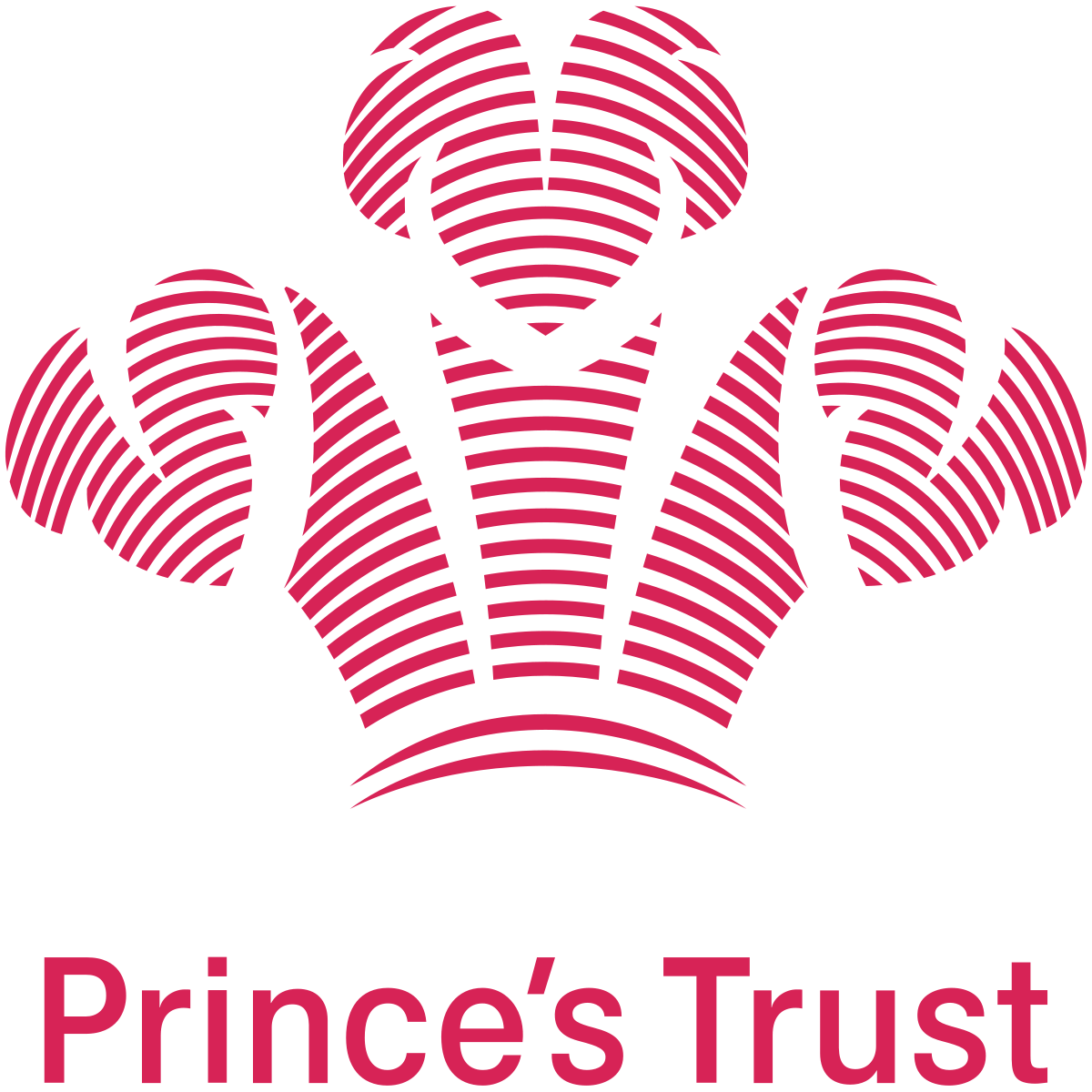Essex Educational Psychologists (EPs) provide independent professional advice to families and schools. An EP applies psychology (the study of thinking, learning, emotions and behaviour) to support the learning, development and wellbeing of children and young people up to 25 years old.
All Essex EPs have:
- BSc/BA/MSc in Psychology
- A minimum of 2 years teaching experience (Primary/Secondary/both, following a Postgraduate Certificate in Education) or other relevant experience
- MSc and/or Doctorate in Educational and Child Psychology
- Practitioner Psychologist status and registration with the Health and Care Professionals
EPs work at different systemic levels e.g. whole county, community, whole school, class, group, family, individual child/young person. They work to support the development of all children and young people, including those who have special educational needs and disabilities. They can also support school improvement.
The 5 key aspects of EP work are:
- consultation (using specific psychological frameworks and approaches)
- assessment
- intervention
- training
- research
Using psychological research, theory and best practice, EPs work across different settings and cover a diverse range of issues. These include early child development, learning and thinking, communication and interaction, social and emotional well-being and mental health, organisational development and many more.





